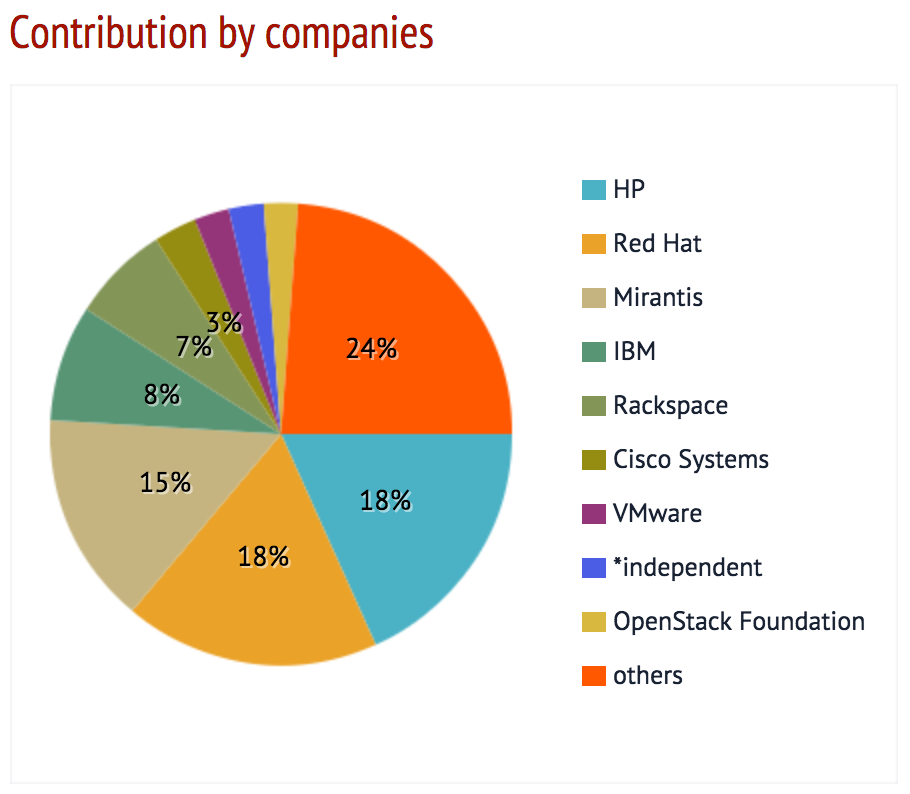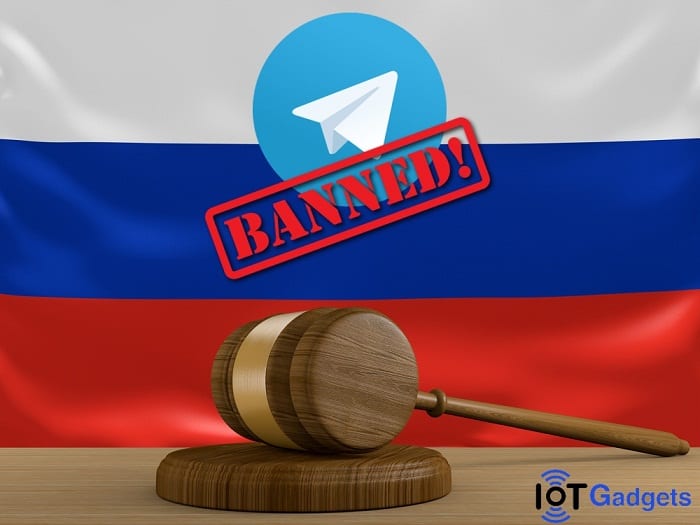Following the court’s order to ban Telegram in Russia, the country’s internet watchdogs are having a hard time in actually enforcing the ban. The messaging app still continues to evade the Russian authorities by switching up its IP addresses. In order to lock Telegram down, the authorities has began the game of whack-a-mole, freezing up vast swathes of the country’s online world. The heavy-handed chase means Russia has ended up blocking nearly 20 million IP addresses, but not Telegram.
Telegram ban in Russia
Last week, a Russian court had ordered a permanent ban on Telegram, after it failed to turn-up with encryption keys that would let authorities read messages being sent through it. Since then, Russian officials have been banning the IP addresses that are used by the app. But Telegram also seems to be equally prepared, hopping IP addresses and evading authorities with ease.
As Telegram switches IP addresses, Russia attempts to shut down those new IP addresses, and has now ended up blocking millions of them. As a result, a number of high-profile services has also been knocked out in the country. Some of the affected sites include Amazon, Google, Twitch, Slack, Soundcloud, Viber, Spotify, Fifa, and Nintendo.
Countless Russian businesses – from online language schools to car dealerships – reported that their web services were down because of the communication watchdog’s moves to block networks, some of which have over half a million IP addresses. What’s notable is that Google and Amazon themselves seem still not to be buckling under pressure, and Pavel Durov, the Telegram founder, is thankful to them.
“Despite the ban, we haven’t seen a significant drop in user engagement so far, since Russians tend to bypass the ban with VPNs and proxies. We also have been relying on third-party cloud services to remain partly available for our users there. Thank you for your support and loyalty, Russian users of Telegram. Thank you, Apple, Google, Amazon, Microsoft – for not taking part in political censorship,” Durov wrote in Telegram.
Durov had promised that the app will try to get around the ban but hadn’t disclosed how. However, it’s now clear Telegram is not going to give up without giving the Russian authorities a hard time.
You can read the whole “Telegram vs Russia” saga here.



















